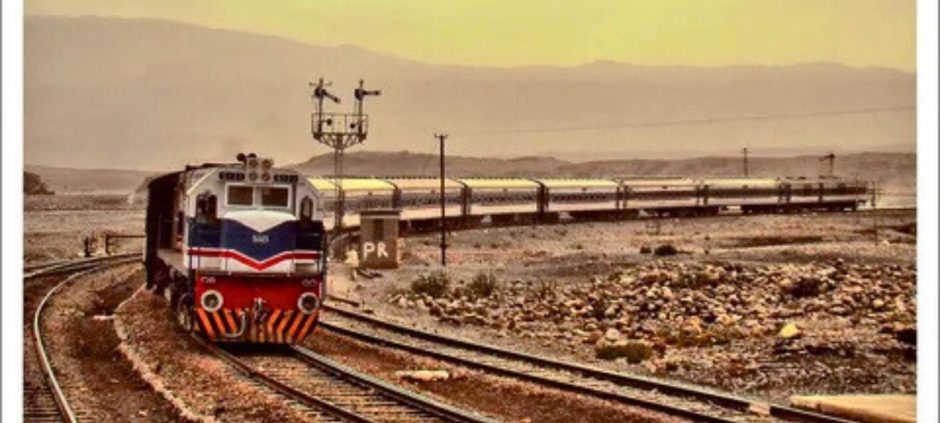Independence Day week brought disruption for passengers as Pakistan Railways suspended the Quetta-Peshawar train service due to operational and safety concerns. The move has left travelers stranded, forcing them to seek alternate means of transportation between two key provincial capitals.
According to officials, the suspension follows damage to tracks in certain sections that made operations unsafe. Railway engineers have been dispatched to assess the situation and initiate urgent repairs. Authorities confirmed that the service will remain halted until restoration work is completed, ensuring that no further risks are posed to passengers and staff.
This is not the first time Pakistan Railways has faced such interruptions. Frequent breakdowns, delays, and suspensions have been a recurring challenge. However, the railway department insists that safety must take priority over schedules. Passengers have expressed frustration, as many had booked tickets weeks in advance, only to be met with sudden cancellations.
The affected route connects major regions and supports both business and personal travel. With services on hold, the local transport sector is witnessing increased demand, raising fares and adding further burden to travelers. Stakeholders believe the disruption highlights the urgent need for investment in railway infrastructure and technology.
Interestingly, despite frequent service suspensions, Pakistan Railways has reported a profit of over Rs 2.26 billion. This profit has sparked debate among commuters and analysts, who argue that the financial numbers do not reflect the daily struggles faced by passengers. They stress that customer experience, punctuality, and reliable services are equally important for true progress.
Pakistan Railways suspends Quetta-Peshawar train services
Railway representatives explained that maintenance teams are working around the clock to restore the damaged track. Authorities have promised that normal services will resume as soon as safety inspections are complete. Meanwhile, passenger refunds are being processed, and some travelers are being accommodated on alternative routes where possible.
Analysts suggest that Pakistan Railways needs a long-term strategy that combines profitability with public trust. Consistent upgrades, timely maintenance, and better planning could help prevent such sudden suspensions in the future. For now, the disruption serves as a reminder of the fragility of the country’s rail system and the importance of prioritizing safe and efficient operations.
With thousands relying on the service daily, the suspension of Quetta-Peshawar operations has underlined the challenges still facing Pakistan Railways. Passengers and experts alike hope that the latest setback will push authorities to focus on sustainable improvements rather than short-term fixes.











